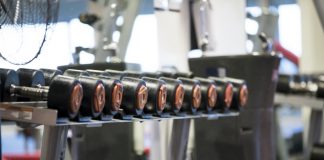Knee osteoarthritis (OA) is a common cause of pain and disability in older adults in New Zealand. Thanks to sport, trauma, and surgery in early life, younger people are being found to have degenerative changes in their knees as well. Chances are, if you are not suffering from it yourself, you will know of one or two people who are. Knowledge is power, so here are a few things you should know about this prevalent condition.
1) A bad x-ray means… not a lot actually.
While it can be very alarming to hear you have extensive degenerative changes in your joints, studies have shown that findings on imaging do not necessarily correlate to pain and function. You can have someone who runs every day showing the same degree of degeneration as someone who is limping from pain. If you are able to get out and do the things you love, it doesn’t really matter what an x-ray shows. We strongly encourage you take all imaging with a grain of salt – it is part of the picture but not all of it!
2) Low or non weight-bearing exercises are good for you
It’s not everybody’s favourite but the good old stationary bike can be very beneficial to knee joint health and improving pain, range and strength. Swimming and deep water running are also options for improving pain and managing the OA knee.
3) Don’t think you need to avoid weights and strengthening!
Studies looking at strengthening the quads and glutes in particular have shown repeatedly to improve pain and function in people with OA of the knee. Obviously this needs to be done safely so as to not aggravate the joint, which your physio can help you with.
4) Weight loss can help your pain
Research has shown that losing 5-10% of your body weight can halve the pain in an OA knee. Significant reductions in forces transmitted through your knee not only improves your symptoms but will likely prolong the life of your cartilage and delay or prevent surgery.
5) Check out your feet
Orthotics or insoles have been shown to change the biomechanics and poor loading of the knee, which may help your pain. Research has been a bit divided on this one, but this is a relatively inexpensive and easy option to try.
Come in and chat to the team at Healthzone Physio to start managing your knee OA. You may very well be able to return to the activities you love – or be able to continue to do them a lot longer!





































